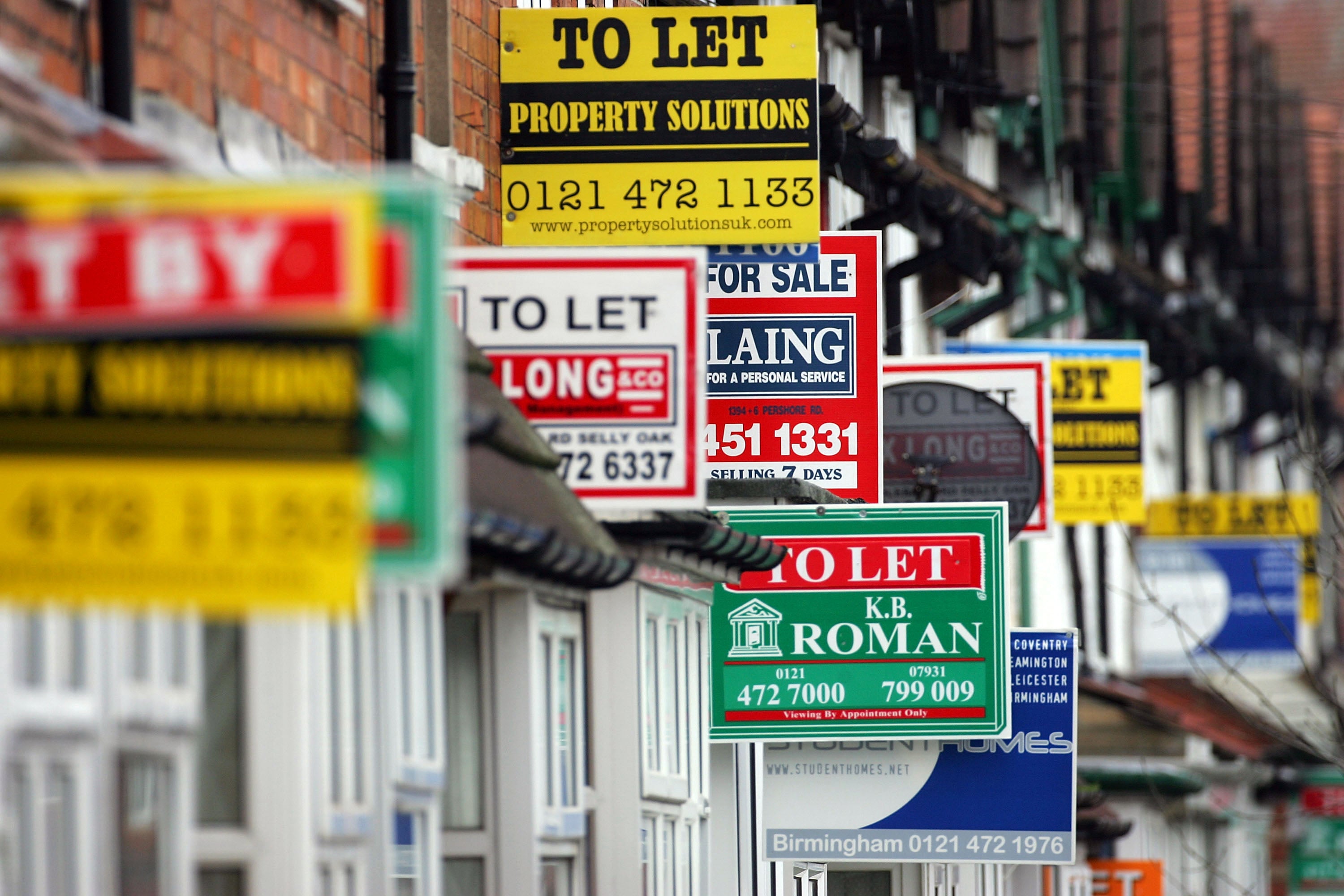At last, some good news for generation rent
If rents stay down, Britain’s cities could become younger and more vibrant places. But that’s a big ‘if’, writes James Moore


There aren’t many positives to come from the pandemic, but one potentially beneficial side effect is the tumble taken by city centre rents.
Property website Zoopla says the London rental market, previously a horror show for the capital’s residents, has experienced a 9.4 per cent year-on-year decline, leaving affordability at a ten-year high.
The average rent now accounts for 42 per cent of the average single-earner income in the capital, down from 49 per cent in March 2020. A peak of 53 per cent was reached in the fourth quarter of 2016.
Zoopla also reports rental declines in central Edinburgh (3.2 per cent), Leeds (0.7 per cent) and Manchester (1.1 per cent).
The reasons aren’t hard to guess. The pandemic forced a rapid move to remote working, which has, in many cases, become permanent. Even hybrid arrangements, where people spend a day or two a week in an office and work from home the rest of the time, open up opportunities to live further away from the workplace – which obviously includes, in the case of people previously renting, places where they might be able to afford to buy.
London still isn’t cheap. While average rents in the City of London, Kensington and Chelsea, and Westminster are at their lowest level in ten years, a typical property in the latter will still set you back £2,259 per calendar month. But that’s a lot lower than the £2,617 figure reached in February last year. And there are cheaper parts of the capital in which to live.
All this could be good news for London, and perhaps also for the other cities that have experienced similar, if less pronounced, declines.
There’s a downside to places where only bankers, accountants and other top business people can afford to live. They risk becoming bland and dull as the life is sucked out of them.
Long-established music venues in “gentrifying” areas have, for example, frequently run into problems with noise complaints from well-heeled incomers. This has, in extreme cases, led to their closure.
Problems can also be created when key workers are priced out. This can also extend to the providers of non-essential, but still important, services.
A decline in city centre rental prices could help to make cities brighter, livelier and younger. That is if it is sustained. It might not be.
There are signs that prices have fallen far enough to encourage a rebound in demand, and while more properties have been coming onto the rental market, at least in London, available stock is still limited.
A lack of housing stock is a nationwide problem affecting all parts of the housing market.
Even if renters are now able to secure affordable properties – and it should be said that prices are rising fast in some parts of the UK, particularly the southwest and the northeast – that doesn’t mean life will be easy for them.
More affordable prices make for a rare piece of good news for “generation rent”, but the cost of housing is far from the only issue they face. You can start with short-term tenancies, and the problems of creating a home when you can find yourself turfed out at short notice if the owner decides to sell.
The issues faced by renters are, regrettably, somewhere close to the back of the political queue.
The government has been pouring money and energy into helping those who can afford to buy, offering banks guarantees for 95 per cent mortgages, and pushing prices to record-breaking levels as a consequence.
More measures are planned, as a cynical Downing St has noted that owner-occupiers are more likely to vote Tory than are renters. But people mostly rent before they can afford to buy. One of the reasons why renters are disinclined to vote Conservative is that the party treats them with such contempt.
Join our commenting forum
Join thought-provoking conversations, follow other Independent readers and see their replies
Comments
Bookmark popover
Removed from bookmarks